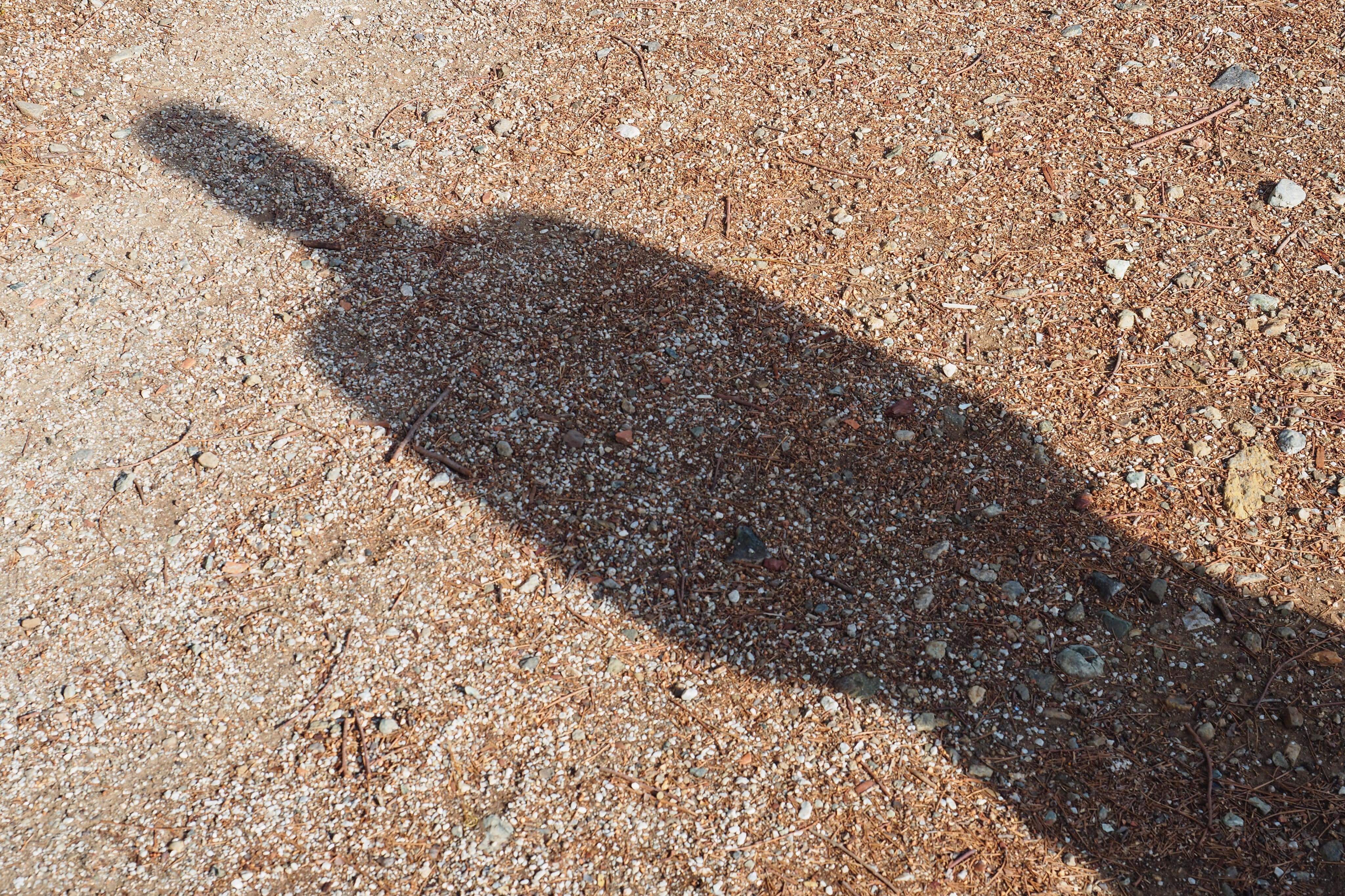The Humans of Pikpa is a storytelling project about the residents, staff and volunteers that make up the community of Pikpa refugee camp on Lesvos island, Greece. The project was based on the ‘Humans of New York’ model (and other ‘Humans of’ projects), whereby participants share a brief, illuminating story about their lives. It was undertaken by volunteers towards the end of 2019.
Since that time Lesvos has been afflicted by violent attacks on refugees, volunteers and premises used to support those affected by the crisis; the world has been racked by the COVID 19 pandemic that presents a disproportionate threat to those accommodated in overcrowded and unsanitary refugee camps. It seems even more important than ever now that people read the powerful, sorrowful and invariably, defiantly, hopeful stories of those involved in the refugee crisis, and join the campaign for sustainable action to alleviate the situation.
Pikpa is an environment where people can find dignity, love, safety and respect. These are the values that underpin, and clearly emerge from, the stories in ‘The Humans of Pikpa.



